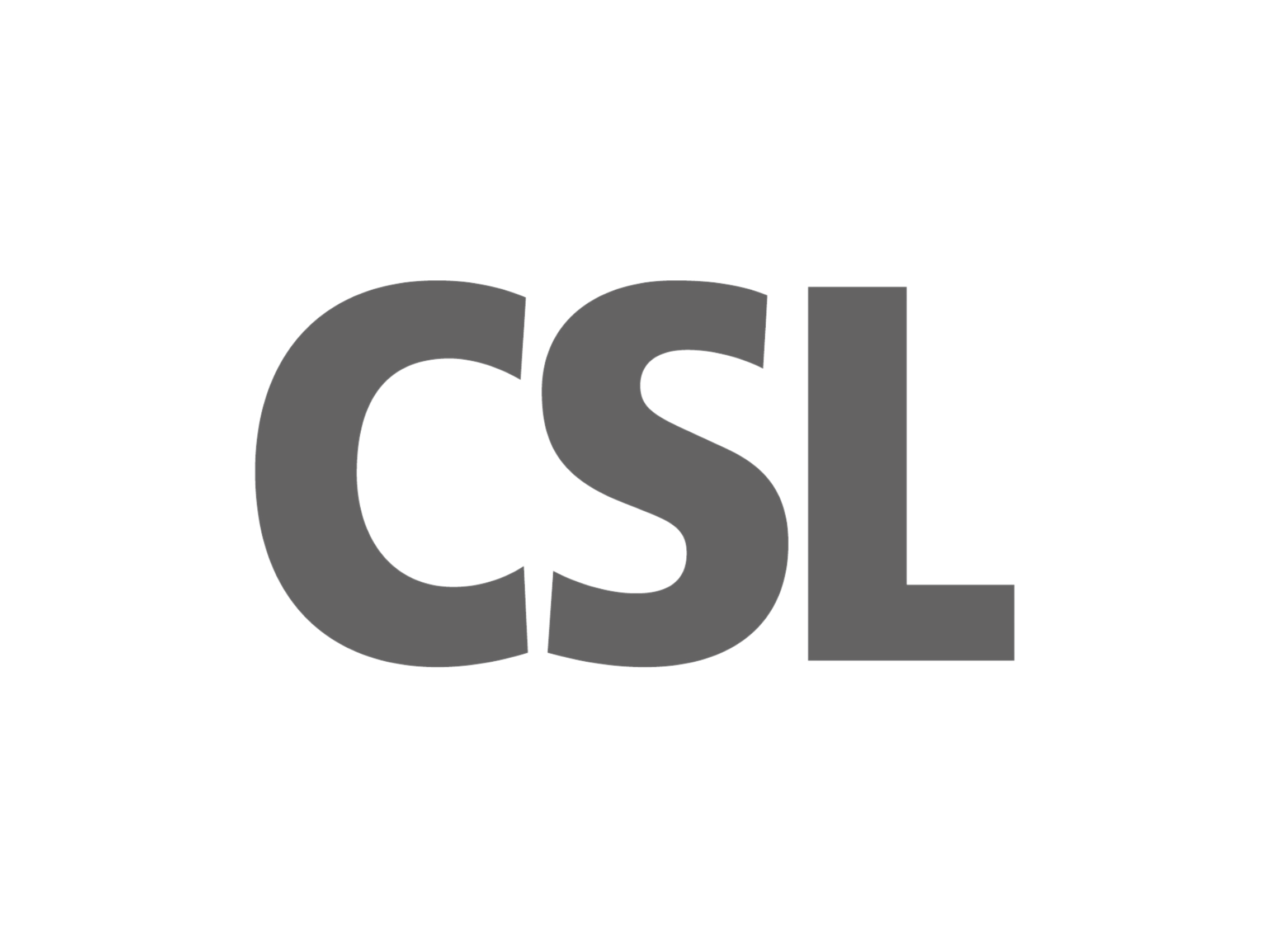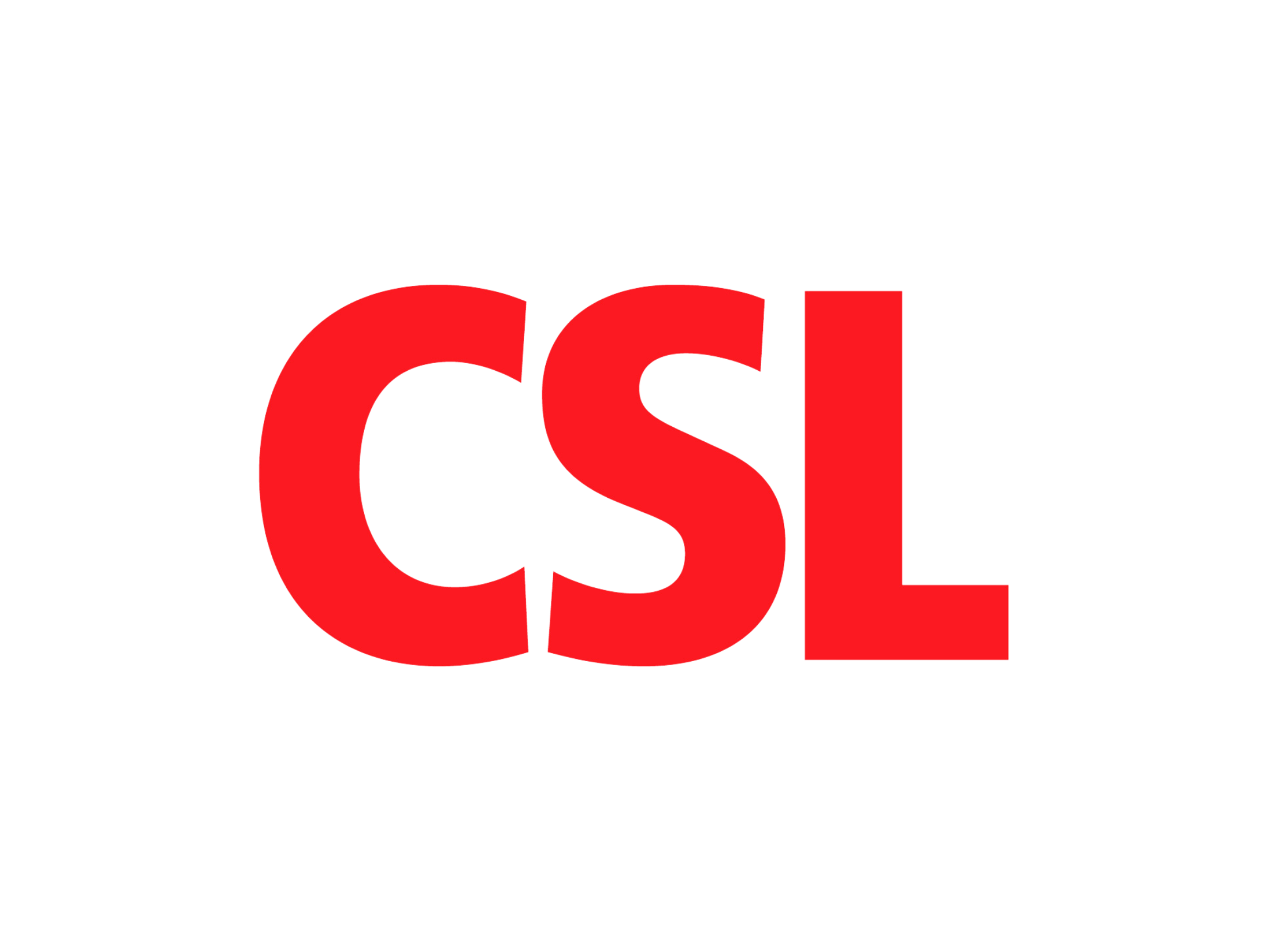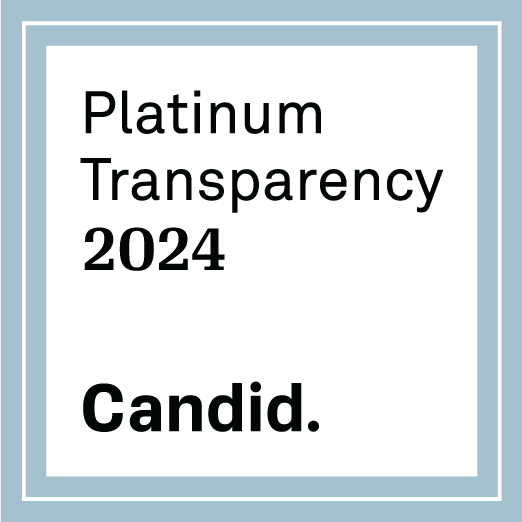December 6, 2021
The Honorable Janet Yellen
Secretary
U.S. Department of the Treasury
1500 Pennsylvania Ave, NW
Washington, DC 20220
The Honorable Xavier Becerra
Secretary
U.S. Department of Health and Human Services
200 Independence Ave, SW
Washington, DC 20201
The Honorable Martin Walsh Secretary
U.S. Department of Labor 200 Constitution Ave, NW
Washington, DC 20210
RE: CMS-9908-IFC, Requirements Related to Surprise Billing, Part II
Dear Secretary Yellen, Secretary Becerra, and Secretary Walsh:
Thank you for the opportunity to submit comments on the Requirements Related to Surprise Billing, Part II, issued by the Departments of Health and Human Services (HHS), Labor, and the Treasury (collectively, the “Departments”).
Our organizations represent millions of patients and consumers facing serious, acute and chronic health conditions across the country, many of whom are among the one in six Americans who have received a surprise bill. Our organizations have a unique perspective on what patients need to prevent disease, cure illness, and manage chronic health conditions. Our diversity enables us to draw upon a wealth of knowledge and expertise that can be an invaluable resource in this discussion.
In March of 2017, our organizations agreed upon three overarching principles to guide any work to reform and improve the nation’s healthcare system. These principles state that: (1) healthcare should be accessible, meaning that coverage should be easy to understand and not pose a barrier to care; (2) healthcare should be affordable, enabling patients to access the treatments they need to live healthy and productive lives; and (3) healthcare must be adequate, meaning healthcare coverage should cover treatments patients need, including all the services in the essential health benefit (EHB) package.
We worked alongside Congress to develop the bi-partisan No Surprises Act (NSA) to provide protections for patients from receiving unexpected medical bills. In a letter sent by our organizations on June 9, 2021, in advance of the departments’ rulemaking, we asked that the departments keep in mind two principal goals of the legislation – and Congress’ intent —when developing regulations to implement the NSA: first, the law must be implemented in a way that provides consumers with clear, comprehensive protections against surprise bills where they have not knowingly obtained out-of-network care; and second, the law must be implemented in a way that ensures the independent dispute resolution (IDR) process does not lead to higher costs for patients. We have provided comprehensive comments on implementation of the new law in advance of rulemaking and more specifically on the interim final rule released in July4 and notice of proposed rulemaking released in September.
Federal Independent Dispute Resolution Process for Plans, Issuers, Providers, Facilities, and Providers of Air Ambulance Services
We appreciate the Departments’ efforts to leave the patient out of the IDR process for insured patients. We also appreciate that the IFR articulates a policy that makes it less likely that the federal IDR process can be used by out-of-network providers and facilities to obtain higher payments and may therefore encourage network negotiations and greater network contracting. If providers are encouraged to establish contracts, that could lead to more providers being in-network for the patients we represent, and therefore less chance of patients encountering a surprise medical bill.
We ask that the departments consider allowing states to use the federal IDR process to resolve disputes involving state protections, including those that exceed those of the NSA, such as ground ambulances. The Departments have affirmed in rulemaking that states can be more consumer protective and apply stronger standards than the NSA. However, if states are not able to use the federal IDR system, states without their own process for determining payment rates for out-of-network providers would have to develop and administer a process to consider cases involving state-only protections. States with their own balance billing laws may not see a benefit to retaining their stronger standards if they can save costs by eliminating their state payment dispute resolution process. We believe consumers will be best served, and states better supported in adopting and maintaining stronger protections, if the federal IDR process is available to states.
States that keep their own systems in place to determine payment for out-of-network facilities and providers should be required to demonstrate how the dual federal-states processes will be streamlined and the protections made seamless and clear to consumers. Any consumer confusion about which law and set of protections apply to them, based on their type of coverage or scope of services, will increase the chances that patients are wrongly billed in circumstances that should be covered under the NSA or an applicable state law.
External Review and Section 110 of the No Surprises Act
We are pleased that the NSA gives consumers the right to request external review of any adverse determination involving a health plan’s or insurer’s compliance with the NSA. We appreciate that the IFR confirms that this right extends to those enrolled in grandfathered plans and provides examples of adverse benefit determinations that will be eligible for external review. We urge federal regulators to provide additional examples of adverse benefit determinations, including one that involves a question of whether a patient’s consent to be balance billed was coerced. This will be particularly important when protections first take effect, as providers become aware of their responsibilities and patients learn of their rights under the NSA. We expect patients will only rarely consent to waive their protections and agree to be balance billed if they fully understand their rights under the notice and consent rules. For those that do not understand their rights or felt coerced into giving their consent to be balance billed in order to receive their scheduled care, external review will provide a critical protection.
We believe the Departments should provide a model notice of the right to external review and include in the notice plain language examples of circumstances that can be appealed, including circumstances in which patients were not able to freely and knowingly give consent to be balance billed. Moreover, this model notice should allow for states to indicate where their state laws define a broader scope of services subject to external review (for example, allowing all denials other than those related to an enrollee’s eligibility under the plan).
Finally, we urge the Departments to undertake a robust education campaign to notify consumers of this expanded right to external review. Data from marketplace plans indicate that consumers rarely appeal denied claims; on average, just two-tenths of one percent of denied claims are appealed internally, suggesting consumers may not know of their rights or
understand how to avail themselves of those rights. Federal regulators should also require health plans and insurers to report on the outcomes of external review of NSA claims. These data can help inform enforcement efforts and target outreach to consumers and providers on the appropriate application of the law.
Good Faith Estimates for Uninsured (or Self-Pay) Individuals
The NSA requires providers and facilities to produce and share with insured and uninsured patients a good faith estimate of the costs associated with their scheduled care. We are disappointed that DOL and CMS will delay rulemaking on this requirement as it applies to individuals enrolled in a health plan or coverage.7 For patients with a health plan or coverage that requires co-insurance or a significant deductible, out-of-pocket costs may be substantial for even a single episode of care. Many recent changes to insurance coverage policy have been designed to encourage enrollees to “shop” for cheaper care, while ignoring that getting price estimates from insurers and providers is nearly impossible, even for the most empowered and informed patients. Having the right to challenge out-of-pocket costs through internal appeals and external review provides little protection, particularly given consumers’ limited use of those processes, as noted above.
With regard to good faith estimates for uninsured and self-pay individuals, we urge the departments to require use of a model form that complies with Section 1557 and other non- discrimination requirements. Forms should also be adaptable to include relevant state laws that limit charges for uninsured patients, making clear that patients cannot be asked to pay over a certain amount. We urge the Departments to take similar action when the rules regarding good faith estimates for insured patients are implemented.
Further, consumers cannot be expected to know or find the person who will assume the role of “convening provider” in their care. Providers and facilities should be required to identify on the form a single point of contact for the entity responsible for providing an estimate and assisting the patient in understanding the estimate. This may be a patient navigator or financial assistance office that can work with the patient’s providers to generate their good faith estimate. Additionally, the model form could include check-off boxes that prompt facilities to screen consumers for eligibility for coverage (e.g., Medicaid or marketplace coverage) and for financial assistance under a hospital’s program.
In response to the question of whether providers and facilities should be required to include any undiscounted list prices in the good faith estimate, we believe that the good faith estimate should only include the estimated charges and statements of legal protection. We recognize that including billed charges and relevant discounts may help with enforcement of federal- or state-required discounts or limits on charges that can be applied to an uninsured person’s care, but we are concerned that including these amounts may create consumer confusion about the amount the individual is expected to pay. As noted in the IFR, some states limit what hospitals can charge uninsured patients, sometimes based on qualifying income. The Affordable Care Act also established a limit on what not-for-profit hospitals can charge uninsured patients. We believe that the good faith estimate should include expected charges and include any applicable statements of the patient’s legal protections, for example, a simple statement like, “By state law, you can’t be asked to pay more than x.”
Finally, we urge the departments to monitor implementation of the good faith estimates, both for uninsured patients and for insured patients when those requirements are implemented, to identify how often estimated charges vary from actual charges, by how much, and whether and how charges for “unforeseen care” are applied to final charges. This data can be particularly useful in monitoring how often data from co-providers and co-facilities are omitted in 2022 when patients cannot use the patient-provider dispute process for items and services not included in the good faith estimate.
Patient-Provider Dispute Resolution
We agree that the threshold that triggers eligibility for the selected dispute resolution (SDR) process should be applied to charges for any specific provider or convening provider. However, we urge the Departments to define that threshold to be the lesser of $400 or 10% of the total bill. Differences of less than $400, when they occur over multiple providers, services, and facilities, could easily add up to well more than a patient can reasonably be expected to pay based on the Departments’ own analysis and data, yet wouldn’t trigger eligibility for the dispute resolution process.
We also believe there should be no fee for consumers that opt to use the SDR to resolve bills that exceed their estimated charges. We appreciate that HHS is proposing to pay for the SDR process and that if the patient prevails, the administrative fee will be refunded to them. We are concerned, though, that the $25 fee discussed in the rule would create a barrier to access the process for uninsured people and those with limited incomes. While the NSA does direct HHS to establish a fee, it also instructs HHS to do so “in such a manner as to not create a barrier to an uninsured (or self-pay) individual’s access to such process.”8 We believe that, especially for uninsured persons, the fee could dissuade individuals from participating in the process due to the cost itself, create confusion about the cost of the process, or lead to concerns that they may end up owing more than when they started the process (their original bill + $25).
We also urge the Departments to allow consumers up to 180 days to notify HHS of their intent to begin the SDR process. Although the IFR notes that a longer period may create uncertainty for a provider, we believe it is more important to prioritize sufficient time for patients to receive their bill, understand their charges, and determine whether they will initiate SDR. Consumers will likely have to juggle multiple bills that trickle in over several months after a serious illness and may have difficulty determining whether a billed amount from any given provider or facility represents their final charges. Allowing up to 180 days would give consumers the time they need to understand their charges and evaluate their options. The longer timeframe would also be consistent with the timeframe for requesting an internal appeal of a claim under federal law.
We strongly support the requirement that providers and facilities cannot send – or threaten to send – any bill to collections once the patient-provider dispute resolution process has been initiated, as well as the requirement to suspend the accrual of any late fees on unpaid bill amounts until after the dispute resolution process has concluded. We urge CMS to clarify requirements for providers on bills sent to collections before the SDR process was initiated, including withdrawing the bill from collection.
Furthermore, we believe uninsured individuals, who have no choice but to pay out-of-pocket for their care, should have resources available to help them understand their estimates and to avail themselves of the dispute resolution process. Consumer Assistance Programs (CAPs) are well-positioned to provide this type of assistance and should be adequately funded to do so.
Public Education
As we have in comments submitted previously, we must emphasize again our strong recommendation that the Departments undertake a broad, well-funded education campaign to notify consumers of their new rights under the NSA. The Centers for Medicaid and Medicare Services’ website that was launched with the release of this IFR begins that effort to educate stakeholders on the new law. However, we believe much more must be done to educate consumers on their rights under federal law before they may be presented with a form seeking their consent to waive these protections. Doing so will not only help consumers avoid surprise bills that are prohibited under the NSA, it will also assist with enforcement when consumers are inappropriately billed. We would welcome the opportunity to assist with that effort.
Thank you for the opportunity to comment on this interim final rule. For more information contact Rachel Patterson, Senior Director of Federal Relations & Policy at the Epilepsy Foundation at rpatterson@efa.org
Sincerely,
Alpha-1 Foundation
American Cancer Society
Cancer Action Network
American Heart Association
American Kidney Fund
American Liver Foundation
American Lung Association
Cancer Support Community
CancerCare
Cystic Fibrosis Foundation
Epilepsy Foundation
Hemophilia Federation of America
Mended Little Hearts
National Eczema Association
National Hemophilia Foundation
National Multiple Sclerosis Society
National Organization for Rare Disorders
National Patient Advocate Foundation
Susan G. Komen
The AIDS Institute
The Leukemia & Lymphoma Society











